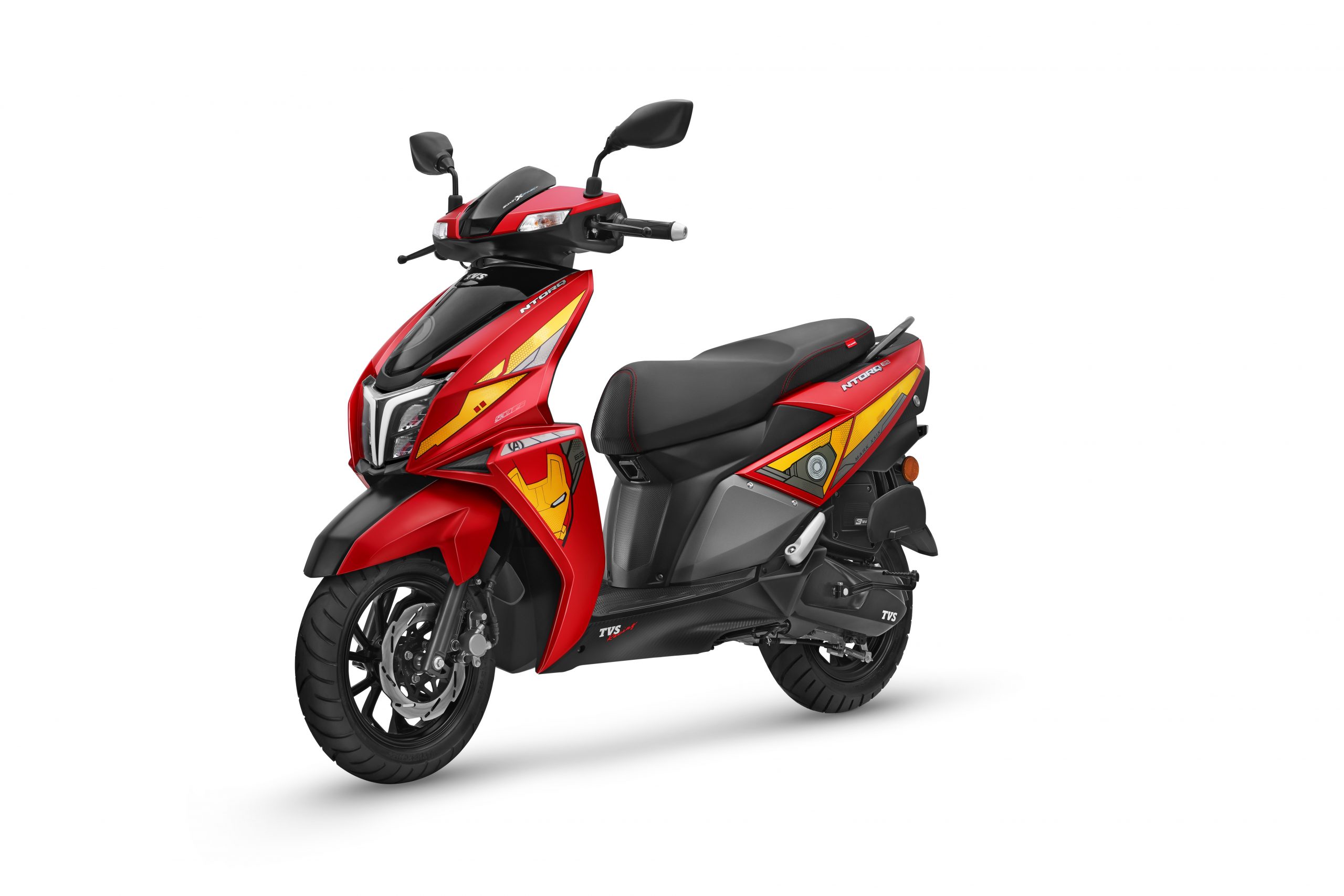BMW Chennai Plant Increases Green and Sustainable Initiatives

BMW Group’s Chennai facility has placed a clinical role in setting new benchmarks towards achieving sustainability. Management efforts, along with a host of initiatives have enabled BMW’s Chennai plant to attain a significant level of sustainability. The manufacturer has announced that it is confident to attain 100% green by the end of this year.
The manufacturer has launched water conservation and tree plantation/biodiversity project towards its sustainability campaign. The plant is expected to 100% C02 free electricity by the end of 2020. It has also implemented various initiatives to attain 45% savings through water conservation and rain-water harvesting.
The manufacturer has also involved itself in tree plantation and various other biodiversity projects to increase green cover. The plant has also implemented various other initiatives including green manufacturing, state-of-the-art recycling techniques, etc to attain sustainability. The end-of-life vehicles, components, and materials (95% total recycling, 85% reuse, and material recycling). It also converts canteen food waste to manure. In 2019, 6,500 kg of waste was converted to manure.
Mr. Thomas Dose, Managing Director, BMW Group Plant Chennai said, “For BMW Group Plant Chennai, the term ‘sustainable production’ means investing in our future. Since 2007, our plant has consistently reduced its consumption of non-renewable resources through modern technology, stringent processes and efficiency. This commitment is integrated through clear actions in our business model as well as production processes and has helped us in significantly reducing our footprint. We know the challenges and are rising to meet them by continuously setting higher goals. For BMW Group Plant Chennai, this is the key to a green future.”
Mr. Dose further added, “A strong culture at BMW Plant Chennai further promotes sustainability. Respect for resources is a part of BMW values and a principle we live by every day. While the management is taking steps to introduce sustainable innovations throughout the infrastructure and facilities, associates are playing an important role by promoting an attitude that is pro-conservation and makes a huge difference in day-to-day working.”
The plant has installed 1350 kW solar photovoltaic system that suffices 40% of the plants electricity requirements. The plant aims to reduce power consumption and increase green electricity generation to ensure that 100% of plants energy is obtained by green resources by end of 2020.
Other initiatives include 50% power savings by the installation of LED lights. The fresh air fans in the plant have been replaced by energy-efficient high-volume low-speed (HVLS) fans, that provide 30% electricity in the ventilation system. The manufacturer has worked on the use of rainwater, conservation of fresh water, and water treatment to ensure 45% savings from 40825 KL to 20594 KL (Period 2016 to 2019).
The plant has rainwater harvesting ponds at two locations with a total capacity of 14,25,000 litres. They have installed tanks that collect these rain water to recharge the harvesting ponds. The manufacturer has used 3,40,000 litres of rainwater from these ponds for water leak test and other requirements.
7.7 acres of land amounting to 25% of the total area of BMW Chennai Plant has been set up as a green belt. The area has 2,000 trees of 31 different species as part of a biodiversity pilot project. The manufacturer has also set up d 4,000 local species trees are being planted in 0.5 acres at the plant with Miyawaki forest technique (enables 10 times faster growth and 30 times denser plantation than usual). These plantations and existing trees enable the plant to obtain 4,000 tons C02 savings.





